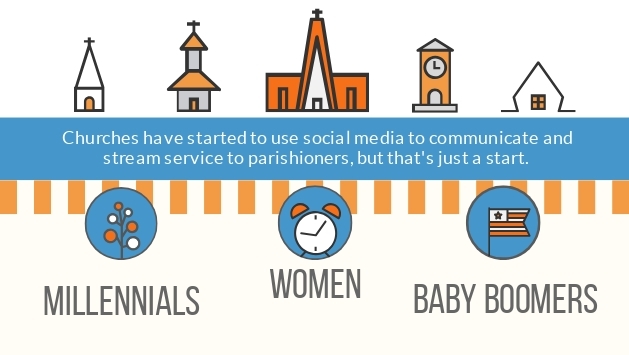Amidst The Improvement Of Social Dynamics, The Developing Feature Of Churches Showcases Their Enduring Importance In Communities-- Are They Actually Being Redefined?

Short Article By-Christoffersen Howe
You might consider churches as simply places for worship, yet their role has developed dramatically over time. https://notes.io/eqePq have actually changed into neighborhood centers, resolving various social problems and cultivating links among members. As culture modifications, churches face distinct obstacles and should adapt to remain relevant. What' https://thetandd.com/news/local/marker-helps-preserve-legacy-of-historic-rocky-swamp-methodist-church/article_35dba1ba-5898-520e-8e15-63222f2e2686.html driving this improvement, and just how do contemporary churches influence today's neighborhoods? Discovering these concerns exposes much about their enduring significance.
The Evolution of Churches With Background
As culture has proceeded, the duty and framework of churches have transformed considerably. You could observe that very early churches largely acted as places of worship and neighborhood celebration, rooted deeply in tradition.
Over time, these establishments adapted to the altering demands of their churchgoers, commonly reflecting societal changes. For example, the Improvement triggered a rise in varied religions, each embracing one-of-a-kind ideas and methods.
Today, many churches focus not simply on spirituality but additionally on social concerns, involving with modern challenges like destitution and inequality. This evolution demonstrates exactly how churches remain to be relevant, attending to modern concerns while keeping their core mission.
Understanding this journey aids you value the enduring influence of churches in our lives.
The Duty of Churches in Neighborhood Building
Churches play a vital function in building strong areas by promoting connections among individuals and households. They offer a welcoming room for people to gather, share experiences, and assistance one another.
By hosting events like dinners, workshops, and volunteer chances, churches urge involvement and collaboration amongst participants. You'll locate that these gatherings frequently result in lasting relationships and networks of support.
Moreover, churches commonly work as a hub for outreach, aiding those in need via food drives, counseling, and various community services. They develop a sense of belonging, reminding you that you're part of something bigger.
When you engage with your regional church, you're not simply participating in services; you're proactively contributing to a vivid, interconnected area that flourishes on shared support and compassion.
Obstacles and Adaptations in Contemporary Society
While area structure remains a cornerstone of church life, modern society offers distinct difficulties that call for adjustment. You have actually most likely noticed declining participation and shifting demographics, making it essential for churches to reassess their approaches.
Engaging more youthful generations with innovation and social media can help bridge the gap. Take into consideration organizing on the internet services or neighborhood events that resonate with diverse rate of interests.
In addition, resolving social issues like mental wellness and social justice can attract those seeking support and purpose. You can create inclusive settings that invite every person, cultivating a feeling of belonging.
Conclusion
To conclude, churches have actually transformed from straightforward churches right into essential neighborhood hubs that deal with today's social issues. As you reflect on their evolution, it's clear they play a crucial function in cultivating links and providing assistance. In spite of obstacles, contemporary churches adjust by welcoming technology and inclusivity, guaranteeing they stay pertinent. Their continuous existence not just supports a feeling of belonging however likewise forms societal values, making them an essential part of contemporary life.

